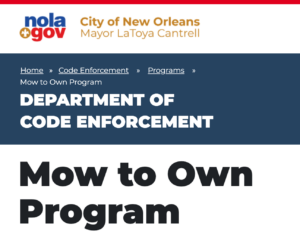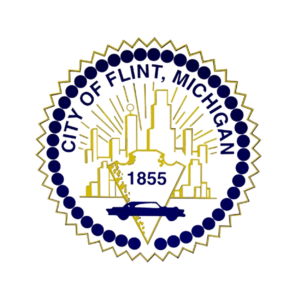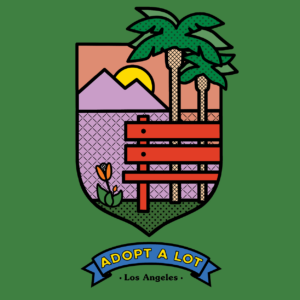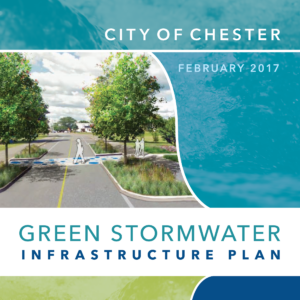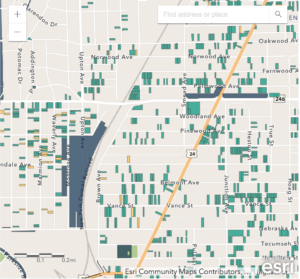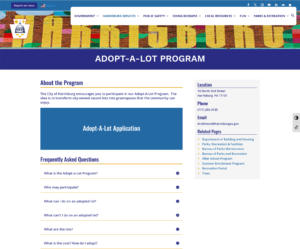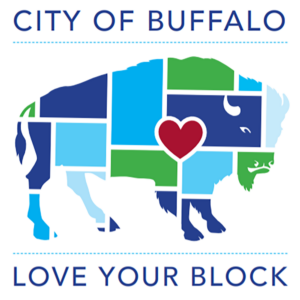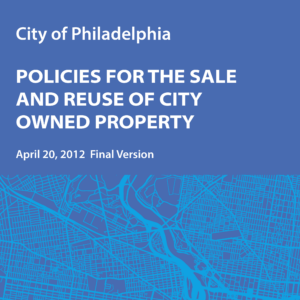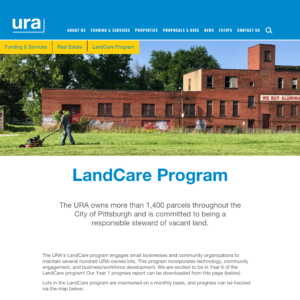Vacant Land Elements Examples by Type
Government
City of New Orleans
New Orleans’ ‘Mow-to-Own’ Program invites homeowners adjacent to blighted lots to apply to take care of the empty spaces with the goal of purchasing them down the line.
Read More »City of Flint
In 2017, the City of Flint amended its zoning ordinance to create new designations, including a designation that recognizes green reuse as the dominant land use strategy in certain areas of the city.
Read More »Free Lots Angeles collective
Adopt-A-Lot is a pilot program that enables community groups in park-poor Los Angeles neighborhoods to adopt city-owned vacant lots and transform them into community-serving public spaces.
Read More »City of Chester
The City of Chester Green Stormwater Infrastructure (GSI) Plan provides a framework to manage stormwater with methods that contribute to safe, attractive, and more resilient neighborhoods and complements the City’s Climate Adaptation Plan.
Read More »City of Toledo, Ohio
With the help of 52 community mowing partners, the City of Toledo, Ohio’s grass mowing program works each summer to keep parks, neighborhoods, and boulevards neat and tidy.
Read More »City of Harrisburg
The City of Harrisburg’s Adopt-A-Lot program allows people to “adopt” city-owned vacant lots for the purpose of maintaining and beautifying them.
Read More »City of Buffalo
The Love Your Block Mini-Grant Program offers small grants to neighborhood-based organizations in our target areas for volunteer projects that address vacant, abandoned, and deteriorated properties.
Read More »City of Philadelphia
The City of Philadelphia provides a path to license, lease, and purchase land from the Philadelphia Redevelopment Authority (PRA), the Department of Public Property, and the Philadelphia Housing Development Corporation (PHDC) and supports the use of vacant land for urban agriculture that improves the quality of life in the City.
Read More »Pittsburgh Urban Redevelopment Authority
LandCare engages small businesses and community organizations to maintain several hundred publicly owned vacant lots in Pittsburgh, Pennsylvania.
Read More »City of Beatrice
The City of Beatrice, Nebraska runs a Mow-to-Own Program that allows adjacent homeowners, individuals, and developers to acquire city-owned vacant lots after proving they are capable, willing, and consistent with maintaining it.
Read More »- « Previous
- 1
- 2
- 3
- Next »
The Brownfield Remediation and Development Program provides $24.6 million in state funding to remediate 41 VAD properties across Connecticut.
Read More »The EPA Region 5 Brownfields Map is an ArcGIS visual of various brownfield redevelopment success stories in the Midwest. The map has 30 examples with descriptions of projects including environmental assessments, redeveloping spaces into medical complexes, housing, a museum, etc..
Read More »The City of Danville zoning ordinance provides a number of useful tools for vacant lot development, including allowing urban gardening in most districts with a special permit, and creating a designation for districts where new development will infill parcels with vegetation and landscaping.
Read More »Open Baltimore is an online data portal that provides the public with access to hundreds of datasets and interactive dashboards, including a Vacant Building Dashboard. The Vacant Building Dashboard shares data on the number of vacant building notices, building rehabs, and demolitions. The data can be sorted and filtered by geographic bounds, time increments, and even “housing market typology.”
Read More »The Pittsburgh Land Recycling Handbook includes an analysis of distressed land in Pittsburgh, its impact, and the processes for managing it, as well as an operational plan to create a more coordinated and effective land recycling system.
Read More »The City of Camden zoning ordinance has many goals that align with vacant land reuse and revitalization, including “to conserve a corridor of natural open space (greenways) primarily along waterways within the City” and “to emphasize the need for a wide variety of open space and demonstrate its value as an essential community asset.
Read More »Rochester 2034 is a 15-year comprehensive plan to improve the community. Rochester’s population losses over the last several decades have left a legacy of vacancy – an urban challenge common to Rust Belt cities. Key takeaways in this work note that half of the vacant parcels in Rochester are owned by the City; all City-owned vacant lots are maintained at a ‘clean and green’ standard that exceeds many other cities…
Read More »This website assists residents in accessing or purchasing one of the 3,400 City-owned vacant lots in Rochester for temporary or permanent projects. Some lots are sold for large development projects, many are used as community gardens, and many more are waiting for their hidden potential to be realized. Featured is…
Read More »With the help of many dedicated citizens and professionals, the Department of City Development in Milwaukee has put together a handbook of creative reuse strategies for city-owned vacant land.
Read More »Buffalo’s Urban Homesteading Program enables eligible residents to purchase publicly owned land at a below market rate. Properties that are within designated Urban Renewal Areas are eligible for inclusion in the Urban Homestead Program at the sole discretion of the Office of Strategic Planning, provided that the property is not needed for public purposes and no qualified buyer is attempting to purchase the property.
Read More »
